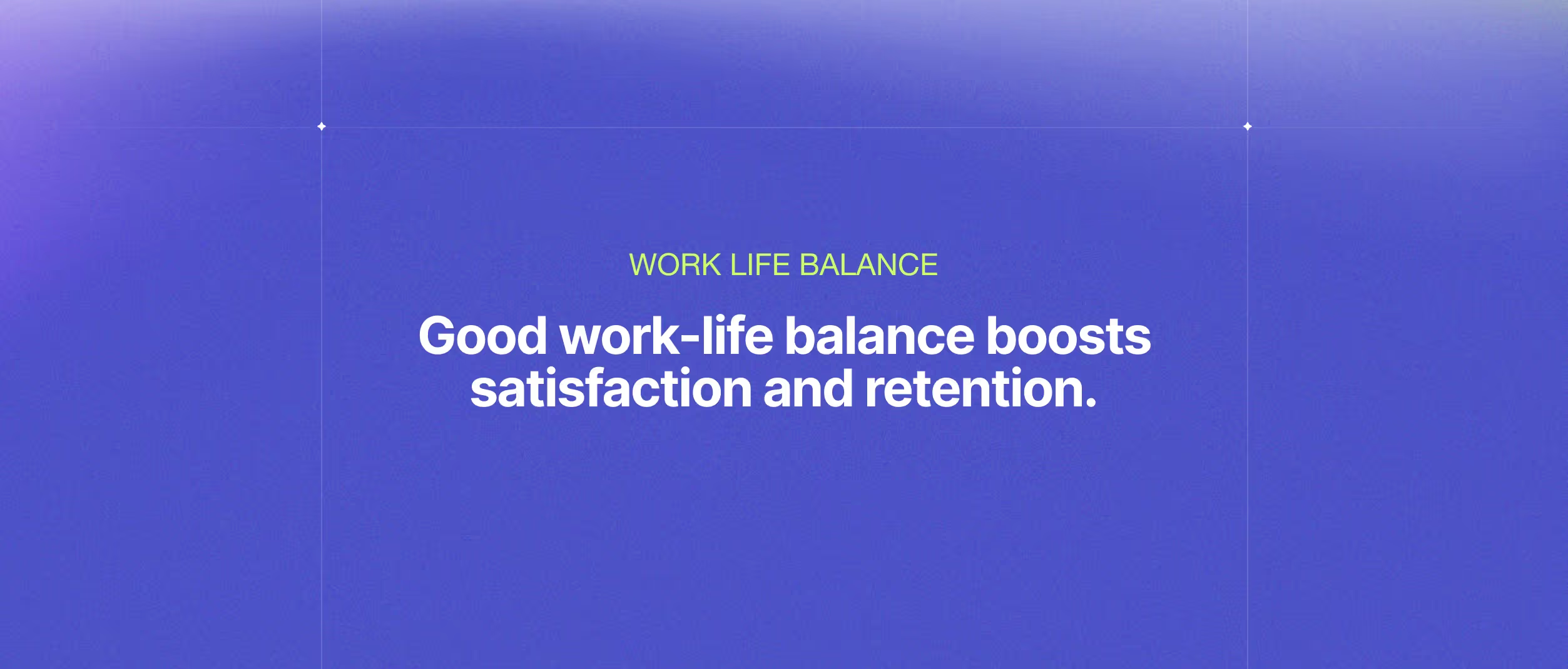In the race for hiring top-level developers, the remote approach adopted by companies—whether startups or tech giants—has become the only solution to gather the necessary talent. Having software teams spread across different countries and time zones has become the norm, bringing numerous advantages. However, it also introduces new challenges when it comes to employee well-being. Morale, mood, motivation, and mental health issues are harder to detect outside a physical workspace. Here are 5 tips to help you build a positive and healthy environment for your remote team:
1. Provide Continuous Support and Accompaniment
Regular check-ins and open communication channels are vital for maintaining mental health in remote teams. Frequent communication helps reduce feelings of isolation and keeps team members engaged. It is crucial to establish regular virtual meetings and encourage open dialogue among team members.
Tip: Use tools like Slack or Microsoft Teams for daily check-ins and video calls to maintain a sense of connection.
2. Foster Work-Life Balance
Setting clear boundaries between work and personal life is essential for remote workers. There is a huge importance of encouraging employees to take breaks and avoid overworking. Ensuring that team members have time to relax and recharge can prevent burnout.
Tip: Encourage the use of time management tools like Pomodoro timers to help balance work and personal time. You can explore this topic in more detail in the following article.
3. Create a Supportive Environment
A supportive and inclusive work environment is crucial for promoting mental wellbeing. Fostering a sense of belonging and community can significantly enhance mental health.
Tip: Organize virtual team-building activities and create channels for social interactions to build a strong team culture. You can use pages such as Ricotta or Atlassian to do so.
4. Provide Access to Mental Health Resources
Providing access to mental health resources, such as counseling services and mindfulness programs, is essential. Structured mental health programs can significantly improve employee wellbeing.
Tip: Offer subscriptions to mental health apps like Headspace or Calm and ensure employees know how to access counseling services.
5. Allow Flexible Work Hours
Allowing flexible work hours helps employees manage their personal and professional lives better. Flexibility reduces stress, enhances productivity and significantly reduces feelings of isolation and burnout.
Tip: Implement core hours where all team members are available and allow flexibility outside these hours for personal needs.
Wrapping Up
Promoting mental health and wellbeing in distributed development teams requires a multifaceted approach. By implementing these five key tips—regular communication, fostering work-life balance, creating a supportive environment, providing access to mental health resources, and allowing flexible work hours—organizations can ensure their remote teams remain healthy and productive.
Curious about how we support our Laners and keep valuable talent for our partners? Discover our iniciatives in Team Engagement and Talent Retention.
Other Blog Posts

What 2025 meant for Devlane: A year of growth and innovation







